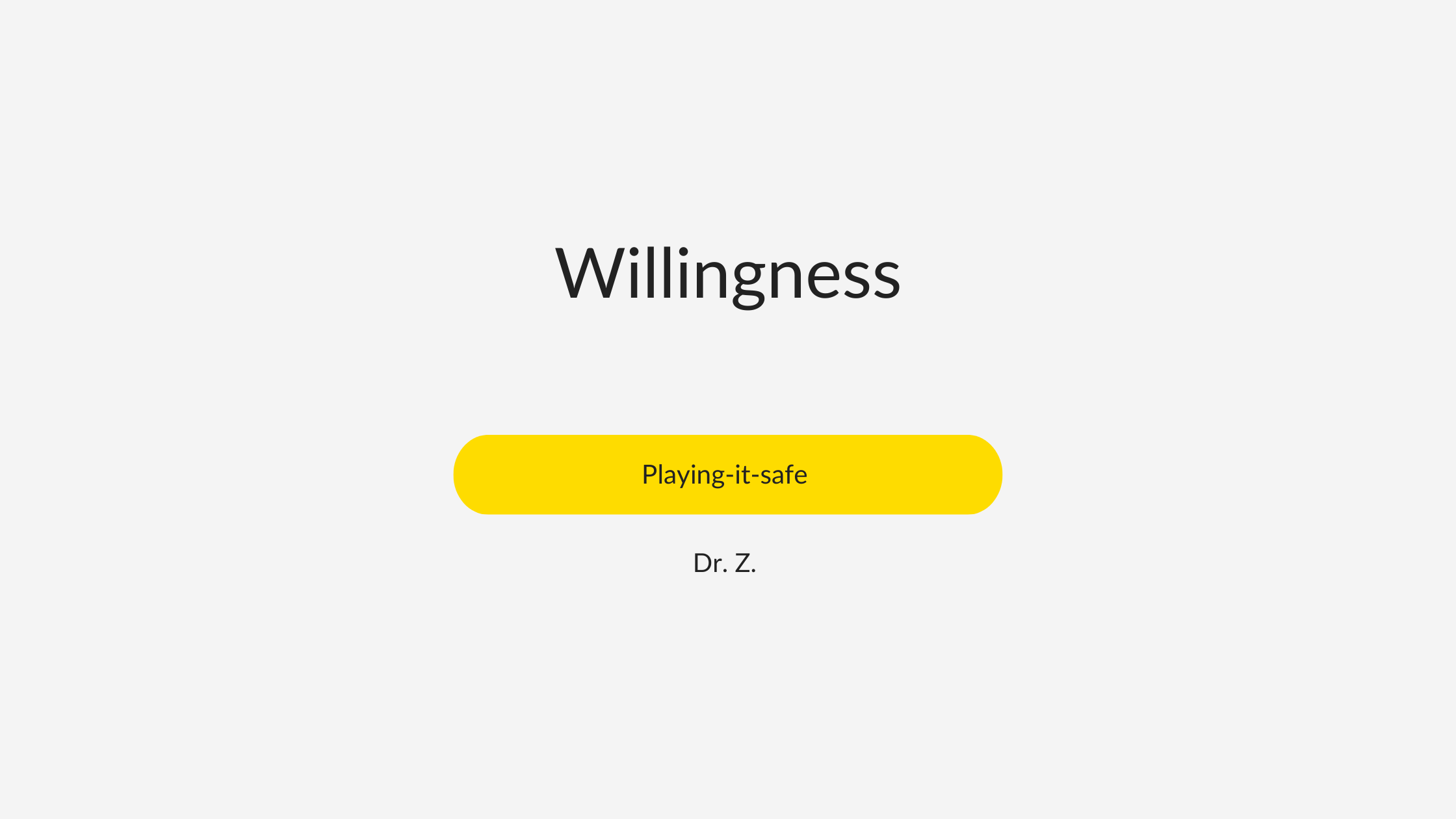Perfectionism isn’t a personality quirk. It’s a pattern of reinforced behaviors that can seep into...

Exploring the intersection of perfectionism, procrastination, and performance
Perfectionism isn’t a personality quirk. It’s a pattern of reinforced behaviors that can seep into every aspect of your life.
You may set certain standards for yourself, certain rules about how things are supposed to be or how you are supposed to behave; while you may meet those standards for a while, they eventually – and inevitably – fall short. Then, you feel crushed. Then, you criticize yourself. And then, to drown out the negativity, you set new goals, standards, and expectations for yourself. The cycle of ineffective perfectionistic actions repeats and maintains itself.
In this podcast episode, I chat with Monica Basco, Ph.D. We discuss specific topics related to perfectionism in detail:
(a) A large part of the conversation clarifies how having high standards and being perfectionistic can both be beneficial and detrimental, and finding the balance between the two is crucial.
(b) We also discussed the interplay between perfectionistic behaviors and procrastination as two sides of the same coin.
(c) Monica and I highlighted the fact that setting high-goals is productive when one can tolerate failure. However, learning to pursue what matters and learning to let things go – as the right thing to do – is also important.
(d) Finally, we discussed ideas for you to conduct a functional analysis, or in other words, we discussed key questions for you to understand your drive to engage in perfectionistic actions (e.g., what is my mind trying to protect me from right now?)
Key Takeaways
- Discussing perfectionism and high achieving behaviors
- Understanding the impact of high goals
- The role of confidence in goal setting
- The intersection of perfectionism and procrastination
About Monica Basco, Ph.D.
Monica Basco, Ph.D., is a clinical psychologist and former Associate Director for Science Policy, Planning, and Analysis at the Office of Research on Women’s Health at the National Institutes of Health. She served as Assistant Director for Neuroscience, Mental Health, and Broadening Participation at the White House Office of Science and Technology Policy from 2014 to 2015.
Dr. Basco is an internationally recognized expert in cognitive-behavioral therapy and a founding fellow of the Academy of Cognitive and Behavioral Therapies. She was formerly on the faculty of the University of Texas at Arlington, where she was awarded the University of Texas Regents’ Outstanding Teaching Award.

Resources
- Never Good Enough: How to Use Perfectionism to Your Advantage Without Letting it Ruin Your Life By Monica Ramirez Basco
- The Procrastinator’s Guide to Getting Things Done by Monica Ramirez Basco
- ReThinking podcast with Adam Grant
- Work Life podcast with Adam Grant
- Monica Basco’s LinkedIn: https://www.linkedin.com/in/monicaramirezbasco/
- Monica Basco’s Twitter: @basco_dc
Resources from Dr. Z.
- Online class: ACT beyond Perfectionism
- Audiobook: The ACT Audiobook for perfectionistic and high-achieving behaviors
- Acceptance and Commitment Skills for Perfectionism and High-Achieving Behaviors by Patricia E. Zurita Ona
Show notes with time-stamps
01:00 Understanding Fear and Perfectionism
01:31 Dealing with Perfectionism and High Achieving Behaviors
02:35 Cognitive Behavior Therapy and Perfectionism
04:14 Setting Goals and Dealing with Failure
05:12 Understanding Overachievement and Expectations
08:37 Dealing with Rejection and Pursuing Goals
20:43 Understanding the Intersection of Perfectionism and Procrastination
Listen Here
Final Thoughts on Perfectionism, Procrastination, and Performance
There is nothing wrong with striving to do things right and perfectly – that’s natural when you deeply care about things that matter to you. And, as you have heard me say before, it’s extremely important that you learn to harness the power of perfectionistic actions without losing yourself.




























